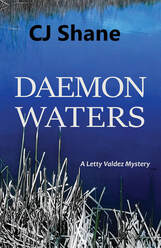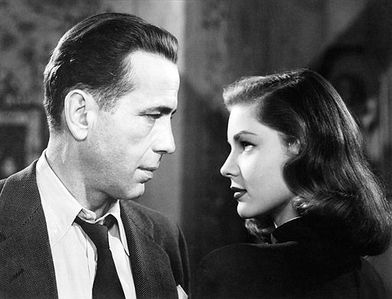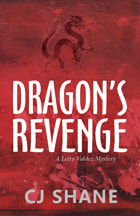
In my lifetime, I’ve seen American soldiers sent off to several wars, beginning with the Vietnam War and continuing up to the current Afghanistan conflict. My own experience with veterans began with my father who served in World War II and the Korean War. I’ve known several Vietnam veterans, one of whom suffers to this day with the effects, both physical and psychological, from his service in the jungles of Vietnam. I frequently meet and talk with veterans of the Iraq and Afghanistan Wars. Veterans are my neighbors, my fellow dog-walkers, and my fellow writers and artists.
Not much has changed over time. The wars go on, and the suffering continues. Too many soldiers are killed. Others come home with debilitating physical injuries. Psychological injuries are a big part of the damage of war as well. Early on, the psychological injuries were called “shell shock,” then later came to be known as “combat fatigue.” Now we use the terms PTSD (post-traumatic stress disorder), and “combat stress injuries.” The U.S. Army calls it “Combat Stress Reaction.”
My own relationship to war, in addition to knowing war survivors, has been to be a protestor and resistor of war. In my own small way, I’m one of those people who attempts to bring about those changes that will lead to peace, not war.
My latest Letty Valdez Mystery, Daemon Waters, is dedicated to our veterans. Daemon Waters is my attempt to encourage readers to think about the effects of warfare on soldiers. Most importantly, my hope is that we will all see the need to provide our warriors with the support and assistance they require to deal with the effects of war. That means good health care, both physical and mental, and job opportunities when they leave the Armed Forces.
So today, I say to our veterans, thank you for your service to our country. May you come home from war safe and sound in mind and body. May we all work to create those conditions that lead to peace.
“It isn’t enough to talk about peace. One must believe in it. And it isn’t enough to believe in it. One must work at it.” --Eleanor Roosevelt



 RSS Feed
RSS Feed